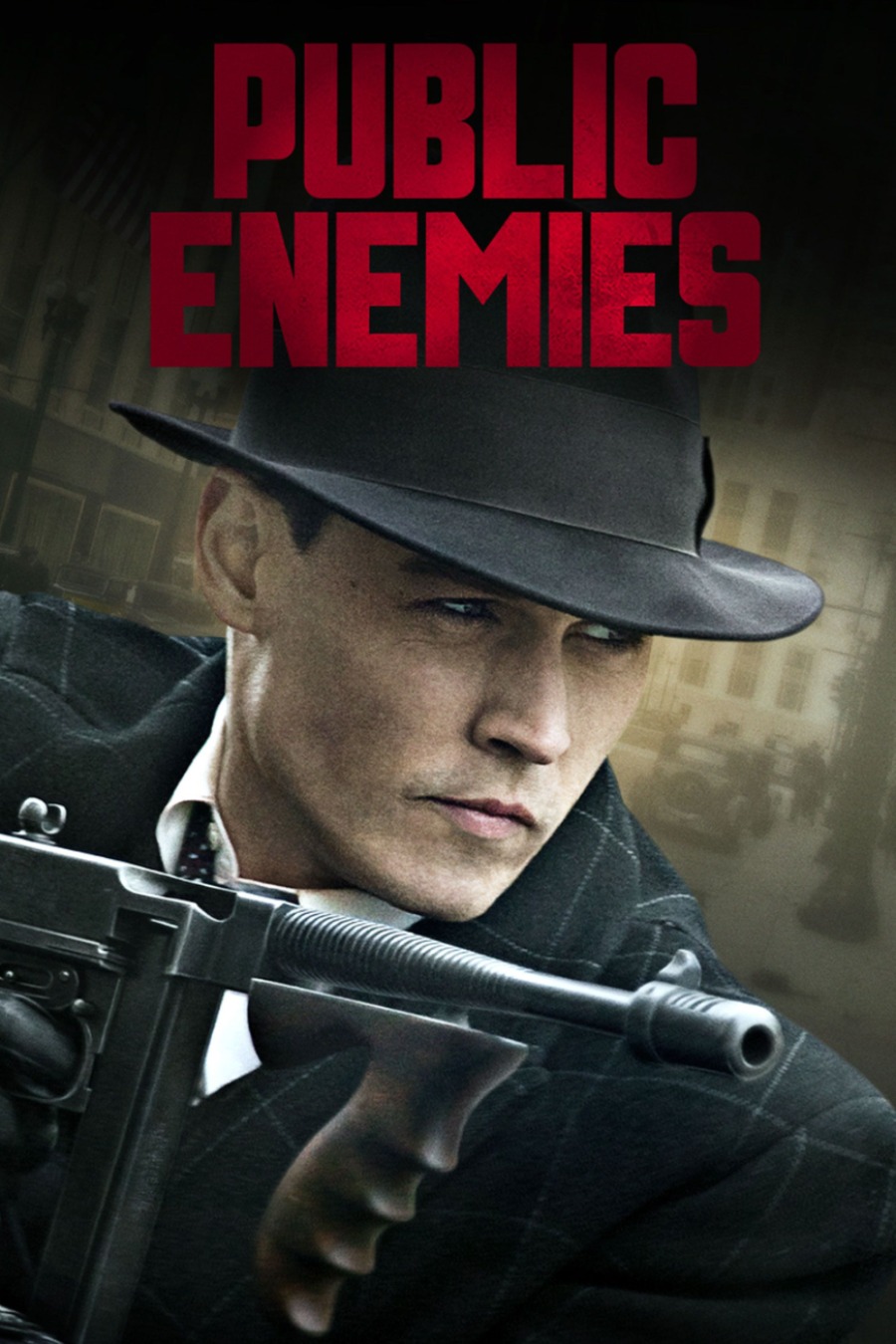
Personal info
Known for
Director
Gender
Male
Birthday
05 February
Location
Illinois, United States
Edit pageMichael Mann
Biography
Michael Mann is one of the most influential filmmakers of modern cinema, known for his meticulous storytelling, stylized visuals, and intense character-driven narratives. As a director, screenwriter, and producer, Mann has left an indelible mark on the film industry, particularly in the crime and thriller genres. His works, such as Heat (1995), Collateral (2004), and The Last of the Mohicans (1992), showcase his signature blend of realism, complex characters, and atmospheric storytelling.
Early Life and Education
Michael Kenneth Mann was born on February 5, 1943, in Chicago, Illinois. He developed an early interest in film and storytelling, which led him to study English literature at the University of Wisconsin-Madison. During his time there, he became fascinated with European cinema, particularly the French New Wave, which influenced his later work.
After graduating, Mann pursued further education at the London Film School, where he honed his skills in directing and screenwriting. His experiences in London exposed him to a more experimental and artistic approach to filmmaking, which he later incorporated into his style.
Early Career
Mann’s career began in television during the 1970s, working as a writer for crime dramas such as Starsky & Hutch and Vega$. He gained recognition as a director with his TV movie The Jericho Mile (1979), which won an Emmy Award and set the tone for his future work in crime and action genres.
His transition to feature films started with Thief (1981), starring James Caan. The film, known for its neon-lit visuals and electronic score, introduced many of Mann’s signature themes, including professionalism, existential struggles, and a deep focus on the psychology of criminals.
Breakthrough and Major Films
Manhunter (1986)
Mann directed Manhunter, the first film adaptation of Thomas Harris’s novel Red Dragon, which introduced the character of Hannibal Lecter (played by Brian Cox). The film’s psychological depth, stylized cinematography, and use of music set it apart from conventional thrillers and later influenced The Silence of the Lambs (1991).
The Last of the Mohicans (1992)
Mann shifted genres with The Last of the Mohicans, a historical epic based on James Fenimore Cooper’s novel. Starring Daniel Day-Lewis, the film was praised for its intense action sequences, emotional depth, and breathtaking cinematography. It became one of Mann’s most commercially successful films.
Heat (1995)
Arguably Mann’s magnum opus, Heat is a crime drama starring Al Pacino and Robert De Niro as a dedicated detective and a professional thief, respectively. The film is celebrated for its deep character development, stunning shootout sequences, and realistic portrayal of the criminal underworld. The film’s bank robbery scene is considered one of the greatest action sequences in film history.
The Insider (1999)
Mann shifted to investigative drama with The Insider, starring Russell Crowe and Al Pacino. The film, based on the real-life whistleblower case against the tobacco industry, received critical acclaim and multiple Academy Award nominations.
Collateral (2004)
Collateral marked a return to crime thrillers, featuring Tom Cruise as a cold-blooded hitman and Jamie Foxx as a taxi driver caught in a deadly night in Los Angeles. The film’s neo-noir aesthetic, gripping tension, and Cruise’s against-type performance made it a critical and commercial success.
Public Enemies (2009) and Blackhat (2015)
In Public Enemies, Mann explored the life of notorious gangster John Dillinger (played by Johnny Depp). The film, while visually stunning, received mixed reviews. His next project, Blackhat, a cyber-thriller starring Chris Hemsworth, failed to achieve box-office success but gained a cult following for its unique take on hacking and cybercrime.
Directorial Style and Influence
Michael Mann is known for his meticulous attention to detail, realistic portrayals of professionals (whether criminals, law enforcement officers, or businessmen), and use of digital cinematography. His films often explore themes of loneliness, existential dilemmas, and the conflict between duty and personal desires.
His influence can be seen in the works of directors like Christopher Nolan, Denis Villeneuve, and Nicolas Winding Refn. Films like The Dark Knight (2008) and Drive (2011) owe a stylistic debt to Mann’s vision.



